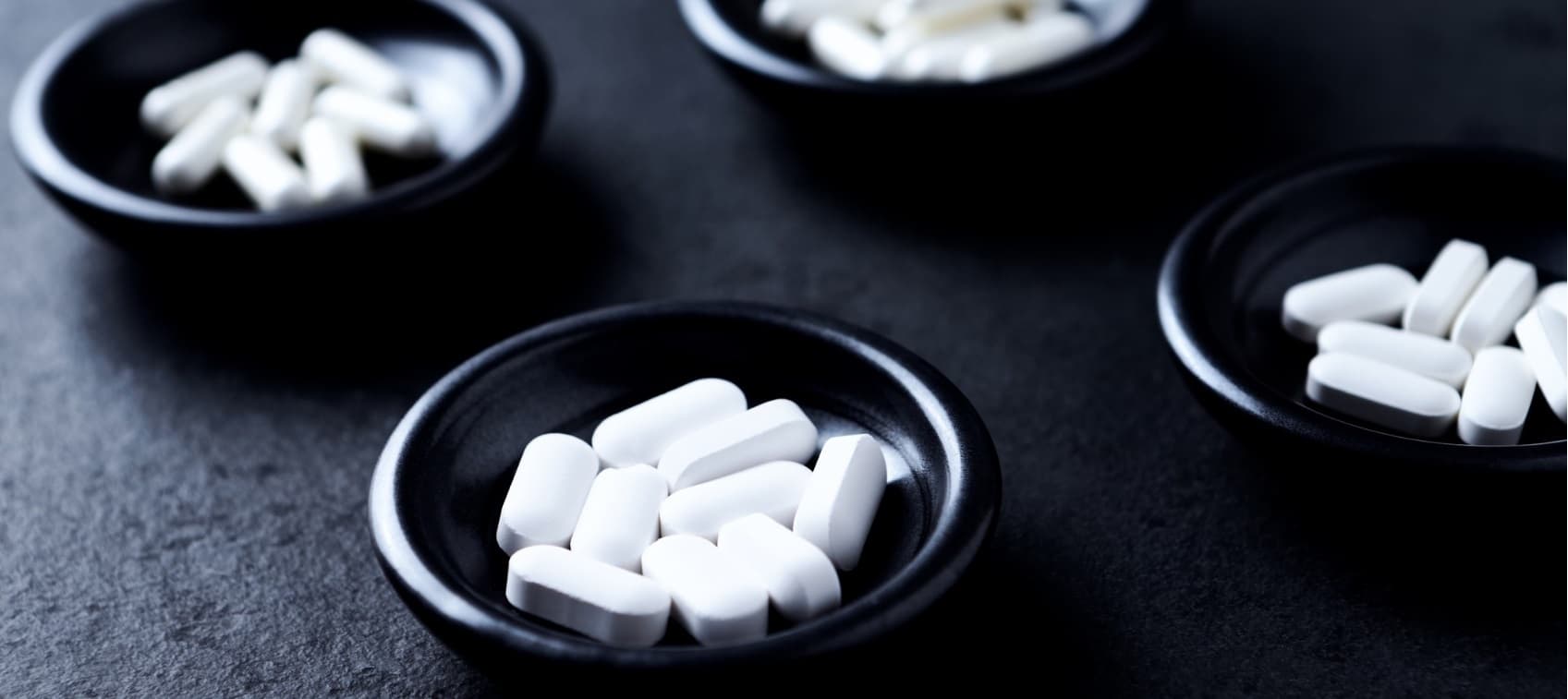
I've got to tell you, this nutrient is right up there with my other favorite cardiac nutrients—coenzyme Q10 and L-carnitine.
The amazing benefits of L-arginine extend broadly for both cardiovascular and overall health, including:
- Lowering blood pressure
- Reducing blood stickiness in patients with high cholesterol
- Improving blood flow in those with significant coronary artery disease
- Reducing symptoms associated with claudication (pain, usually in the extremities due to a lack of blood flow)
- Relieving congestive heart failure and improved stamina
- Stabilizing angina
- Improving the painful condition known as Raynaud's phenomenon (fingers become pale, occasionally turn blue in cold temperatures)
- Reversing impotence
And on the heart front, specifically, L-arginine seems to know where exactly it is needed most.
Benefits of L-Arginine: Knowing the Good Guys from the Bad
Research has shown that in intravenous or supplement form, L-arginine supports the production of one of the good guys—endothelium-derived nitric oxide (EDNO). Plus, organic beets are a good food source to support nitric oxide in the body.
EDNO is a potent substance that dilates blood vessels and allows more blood to course through them. It can even retard the development of heart disease, including hardening of the arteries (atherosclerosis), the most serious form of heart disease.
Atherosclerosis, of course, is caused by the bad guys:
- High levels of oxidized LDL cholesterol
- High blood pressure
- Cigarette smoking (makes the blood thick and raises fibrinogen and homocysteine levels)
- Elevated levels of homocysteine, LP(a), fibrinogen, and insulin
Where Do You Find L-Arginine?
The typical American diet contains about 5 grams of L-arginine. That sounds good but wait—most of it comes from red meat, which is full of saturated fat, petrochemicals, radiation, and other harmful substances. Nuts, eggs, tofu, tuna, and salmon are far better food sources.
Even then, you can't get what you need from your diet. To get the 6 to 9 grams daily, you'd have to eat an enormous amount of food each day—a half-pound of tuna or 2.5 pounds of tofu.
This means, if you have heart disease, you should consider taking supplements for the full benefits of L-arginine to help stop the disease’s progression and arrest its hold on you. In the elderly population, high doses of L-arginine supplements may cause digestive discomfort. If this occurs, reducing supplements and adding organic beet juice may be a reasonable alternative.
L-arginine comes in pill or tablet form. Again, aim for 6–9 grams a day. Just one note of caution. Research suggests that if you have had a heart attack, you must refrain from taking L-arginine for 6-12 months and it's always important to work closely with your doctor.


